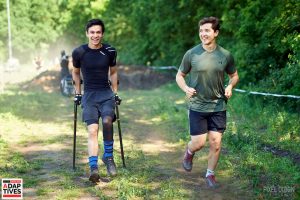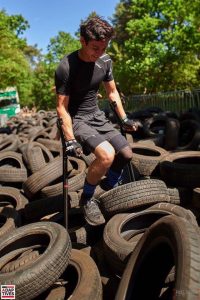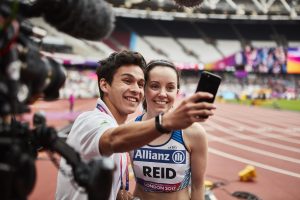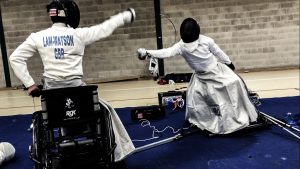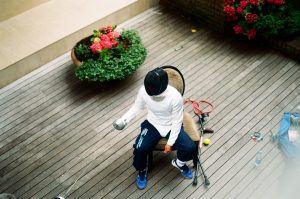The store will not work correctly in the case when cookies are disabled.
×
Cookies Policy
Our websites use cookies to collect information. This includes information about browsing and purchasing behaviour by people who access our websites. This includes information about pages viewed, products purchased and the customer journey around our websites. Detailed information is set out in our Cookie Policy.
WHAT ARE COOKIES?
Like most websites, Leon Paul websites use cookies to collect information. Cookies are small data files which are placed on your computer or other devices (such as smartphones or tablets) as you browse this website. They are used to ‘remember’ when your computer or device accesses our websites. Cookies are essential for the effective operation of our websites and to help you shop with us online. They are also used to tailor the products and services offered and advertised to you, both on our websites and elsewhere.
INFORMATION COLLECTED
Some cookies collect information about browsing and purchasing behaviour when you access this website via the same computer or device. This includes information about pages viewed, products purchased and your journey around a website. We do not use cookies to collect or record information on your name, address or other contact details. Leon Paul can use cookies to monitor your browsing and purchasing behaviour.
HOW ARE COOKIES MANAGED?
The cookies stored on your computer or other device when you access our websites are designed by Leon Paul, or on behalf of Leon Paul, and are necessary to enable you to make a purchase on our website; third parties who assist us in detecting and preventing fraud and third parties who participate with us in marketing programmes.
WHAT ARE COOKIES USED FOR?
The main purposes for which cookies are used are: -
For technical purposes essential to effective operation of our websites, particularly in relation to on-line transactions and site navigation. For Leon Paul to market to you, particularly web banner advertisements and targeted updates. To enable Leon Paul to collect information about your browsing and shopping patterns, including to monitor the success of campaigns, competitions etc.
HOW DO I DISABLE COOKIES?
If you want to disable cookies you need to change your website browser settings to reject cookies. How you can do this will depend on the browser you use. Further details on how to disable cookies for the most popular browsers are set out below: -
For Microsoft Internet Explorer:
Choose the menu “tools” then “Internet Options”
Click on the “privacy” tab
Select the setting the appropriate setting
For Microsoft Edge:
Choose the menu “Settings” then “Cookies and site permissions”
Click ‘Manage and delete cookies and site data’
Select the setting the appropriate setting
For Google Chrome:
Choose Settings> Advanced
Under "Privacy and security," click “Content settings”.
Click “Cookies”
For Safari:
Choose Preferences > Privacy
Click on “Remove all Website Data”
For Mozilla firefox:
Choose the menu “tools” then “Options”
Click on the icon “privacy”
Find the menu “cookie” and select the relevant options
For Opera 6.0 and further:
Choose the menu Files”> “Preferences”
Privacy
WHAT HAPPENS IF I DISABLE COOKIES?
This depends on which cookies you disable, but in general the website may not operate properly if cookies are switched off. If you only disable third party cookies, you will not be prevented from making purchases on our sites. If you disable all cookies, you will be unable to complete a purchase on our sites.
